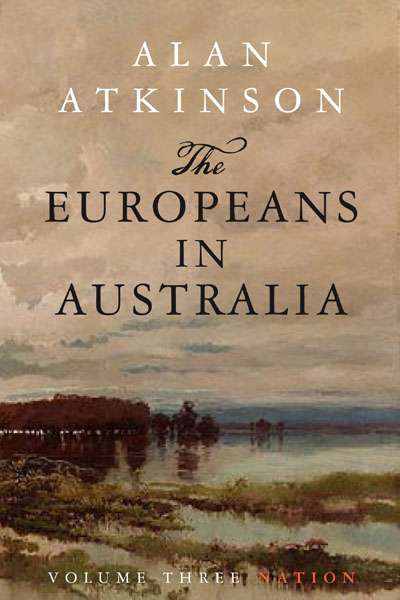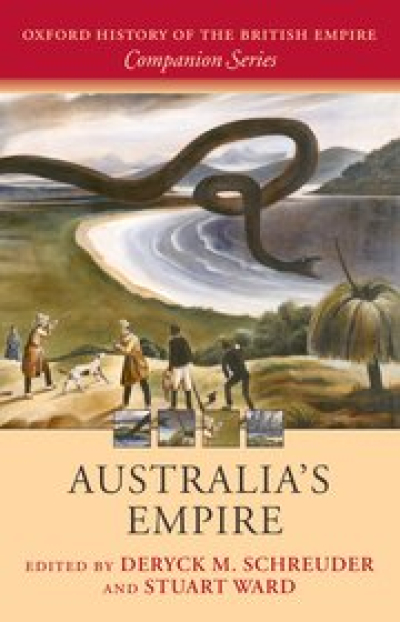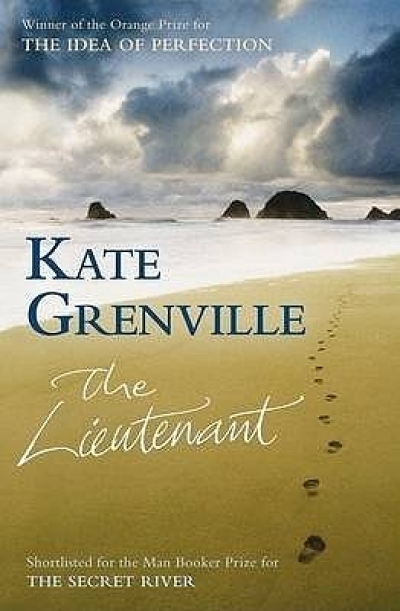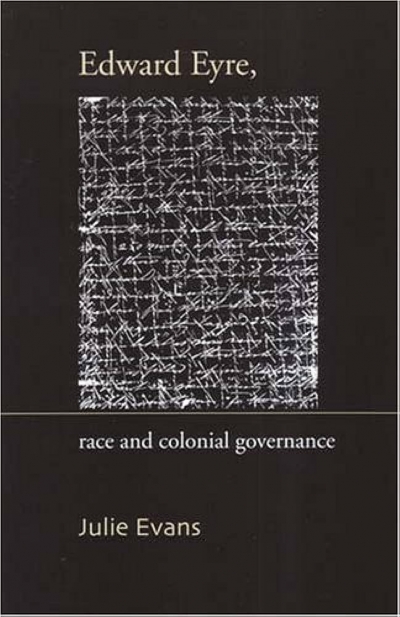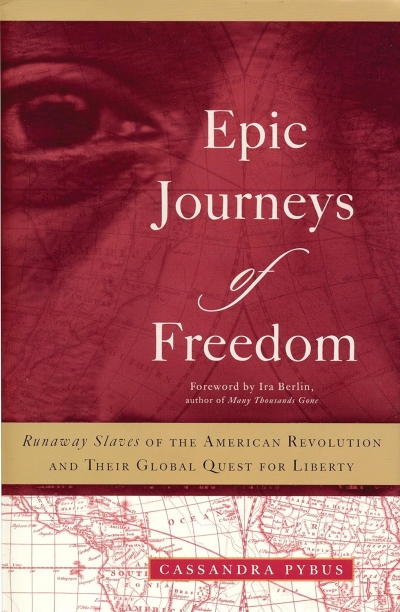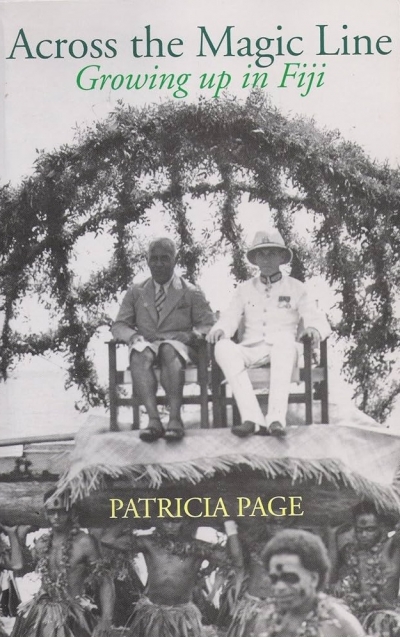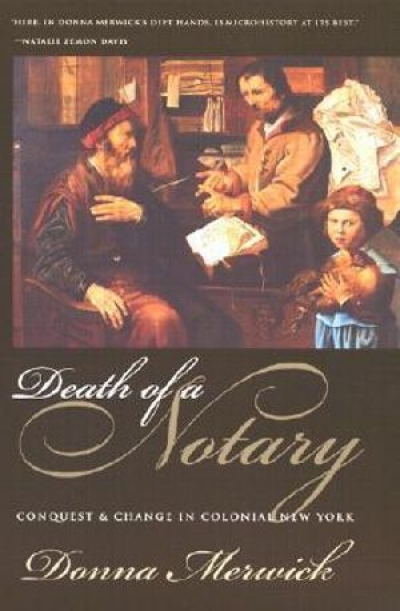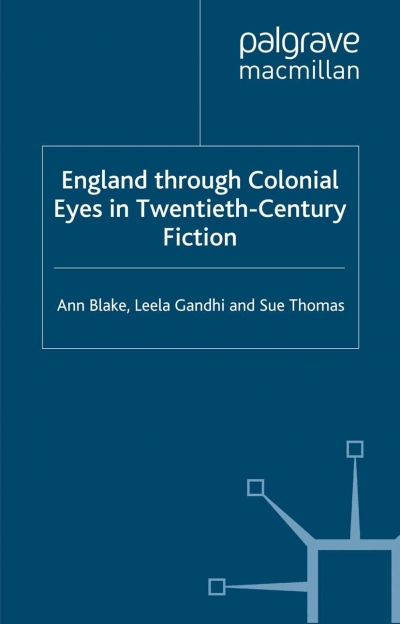Colonialism
The Europeans in Australia: Volume 3: Nation by Alan Atkinson
by Mark McKenna •
Australia’s Empire edited by Deryck M. Schreuder and Stuart Ward
by Stuart Macintyre •
The Darker Nations: A people's history of the third world by Vijay Prashad
by Brian Stoddart •
Epic Journeys of Freedom: Runaway slaves of the American revolution and their global quest for liberty by Cassandra Pybus
by Donna Merwick •
Death of a Notary: Conquest and change in colonial New York by Donna Merwick
by Peter McPhee •
England Through Colonial Eyes in Twentieth Century Fiction by Ann Blake, Leela Gandhi and Sue Thomas
by Gillian Whitlock •

